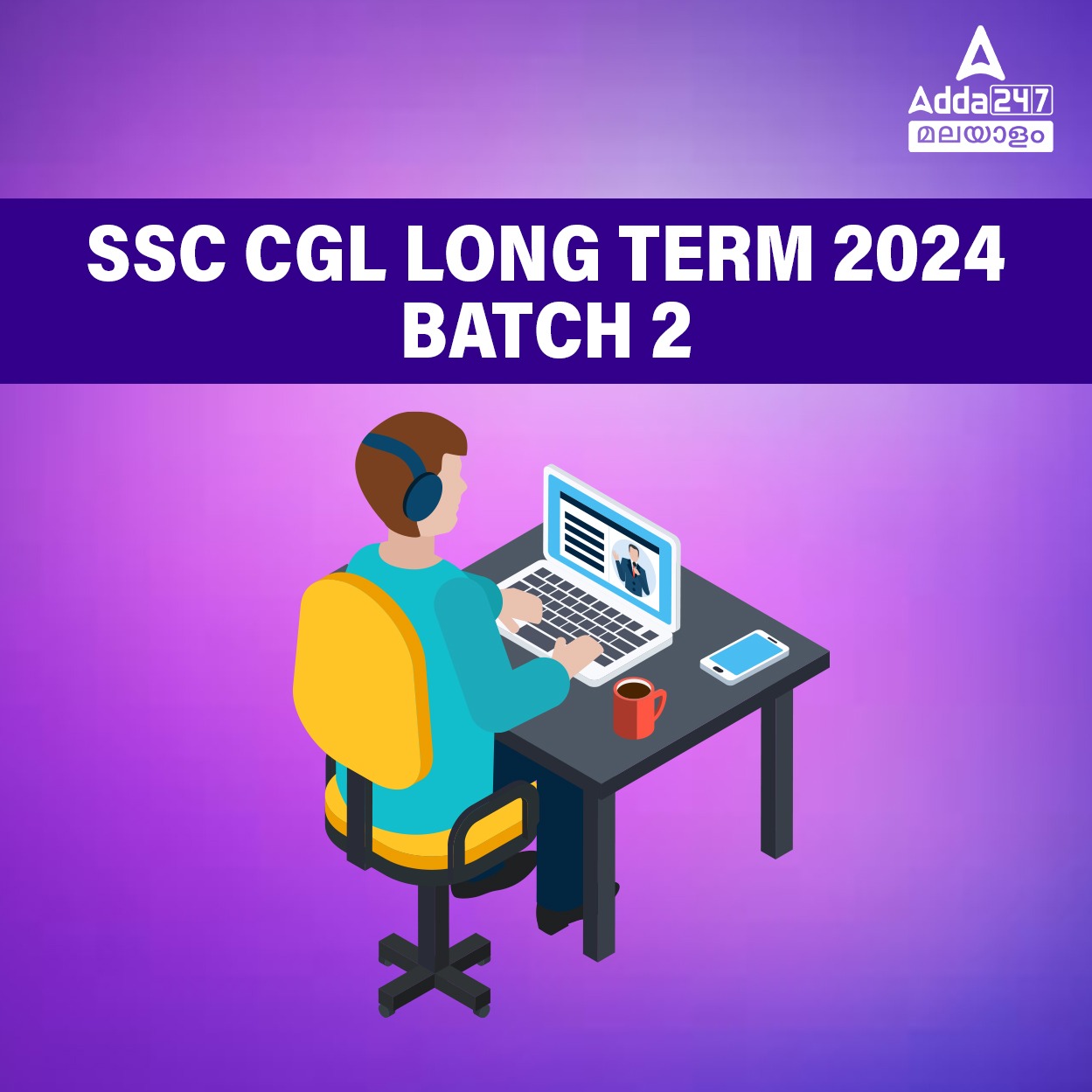Table of Contents
Addapedia Editorial Analysis: Daily News Editorial Analysis 18 July 2024
Addapedia Editorial Daily News , 18 July 2024: In this Addapedia Editorial Analysis, We cover Important News Editorials from Newspapers and provide you with detailed analysis. This ADDAPEDIA Editorial Analysis will help you in understanding the National and International events Current affairs and the background of a particular topic. This comprehensive News analysis will help you in Clearing CA and Interview for many exams.
Editorials usually cover a particular topic that might be National, State or any International event which is most important to acquire brief knowledge about the event. Editorials are written by Famous news analysts, Politicians, Business analysts, Civil Servants or a person who has immense knowledge in that particular field. Knowing Editorials will not only understand the geo-political relations but also how to write and describe any particular issue which helps especially in PSC, SSC and Banks Exams.
The problem with sub-caste reservations
(The Hindu, 18-07-24)
The Supreme Court has reserved the decision on sub-caste reservation for SC/STs.
What are the three main policy instruments used by the government for SC/ST welfare?
- Legal safeguards against caste discrimination
- Reservation in legislature, public jobs, and educational institutions
- Measures to improve ownership of capital assets (land, businesses, education)
Dr. B.R. Ambedkar justify these policy measures based on:
- Denial of equal civic and property rights, employment, and education
- Due to physical and social isolation of untouchables as a whole
- Proposed as complementary measures, not as standalone solutions
What is the argument for sub-caste reservation?
- Addressing intra-group disparities: Some sub-castes within SC/ST communities have benefited more from reservations than others.
- Targeted upliftment: It could help in focusing on the most marginalized sections within already marginalized communities.
- Historical injustices: Some sub-castes may have faced more severe forms of discrimination historically.
- Occupational hierarchy: Within SC/STs, there can be occupational hierarchies that lead to disparities.
- Political representation: It could ensure better representation of diverse sub-groups in political processes.
What are the limitations of sub-caste reservation?
- May not address the root cause of underrepresentation. Reservation policy might become a mirror image of caste society with innumerable sub-castes
- Data scarcity: Lack of reliable data on sub-caste populations and their socio-economic status.
- Administrative complexity: Implementing and monitoring sub-caste quotas could be administratively challenging.
- Potential for further fragmentation: Could open floodgates for demands from thousands of sub-castes/tribes across SC/ST/OBC categories
- Dilution of Bargaining power: Could weaken the collective bargaining power of SC/ST communities as a whole.
- Perpetuation of caste identities: Might reinforce caste distinctions rather than reducing them.
- Inter-state variations: Sub-castes may have different social statuses in different states, complicating a uniform policy.
- Impact on merit: Concerns about further subdivision affecting the quality of candidates in reserved categories.
- Political misuse: Potential for political parties to use sub-caste reservations for vote bank politics.
What alternative approach is suggested instead of sub-caste reservation?
- Focus on enhancing ownership of capital assets and education for SC individuals lacking these
- Implement “individual focus” policy to improve capabilities to access jobs and education
- Improve income sources and education levels of underrepresented sub-castes
Can you answer the following question?
The debate on sub-caste reservation within SC/ST communities highlights the complex interplay between social justice and effective policy implementation. Comment.
Maharashtra’s Public Security Bill
(The Hindu, 18-07-24)
On July 11, the Bharatiya Janata Party (BJP)-led MahaYuti government tabled the Maharashtra Special Public Security (MSPS) Act, 2024, aimed at curbing the ‘menace of Naxalism’ in urban areas.
Why was the Bill proposed?
- According to Maharashtra government, Naxalism is not limited to rural areas, but is increasing in urban areas through frontal organisations.
- These active frontal organisations of Naxal groups give constant and effective support in terms of logistics and safe refuge to its armed cadre.
- Such unlawful groups ‘propagate their ideology of armed rebellion against the constitutional mandate and disrupt public order in the State.
- As a result, unlawful activities of such frontal organisations need to be controlled through effective legal means and that existing laws are ineffective to tackle the issue.
- Similar law to tackle urban naxalism is in force in AP, Telangana, Chhattisgarh and Odisha.
How different is it from the UAPA?
- The Unlawful Activities (Prevention) Act, 1967 (UAPA) is invoked in cases related to Naxalism and terrorism. This law empowers the state to classify organisations as ‘unlawful associations.’ Both the laws are almost the same.
- However, in the MSPS Act, an advisory board of three persons who are or have been qualified to be appointed as judges of the High Court shall oversee the confirmation process, while under UAPA, a tribunal led by a High Court judge verifies the State’s declaration.
- In addition to the UAPA, the State also enforces the Maharashtra Control of Organised Crime Act, 1999 (MCOCA) to address perceived extreme situations involving individuals labelled as ‘urban Naxals’.
- If the proposed legislation is passed, it would allow the State police and security agencies to arrest individuals without a warrant and often without informing them of the charges. All offences under this Act would be cognisable and non-bailable.
What are its key provisions?
- The MSPS Act empowers the State to designate any suspected ‘organisation’ as an ‘unlawful organisation’ and outlines four offences for which a person may be penalised —
- (i) being a member of an unlawful organisation
- (ii) being a member and raises funds for an unlawful organisation or harbours any member of the unlawful organisation
- (iii) whoever manages or assists in the management of an unlawful organisation, or promotes or assists in promoting a meeting,
- (iv) whoever commits or abets or attempts to commit or plans to commit any unlawful activity.
- These offences carry sentences ranging from two to seven years, along with fines between ₹2 lakh and ₹5 lakh.
What is the stance of the Opposition?
- Former Chief Minister Prithviraj Chavan has criticised the measure as ‘draconian,’ arguing that existing laws are sufficient to address the Naxal issue.
Addapedia Editorial Analysis 18 July 2024 PDF Download Link
കേരളത്തിലെ എല്ലാ മത്സര പരീക്ഷകൾക്കും ഓൺലൈൻ ക്ലാസുകൾ, വീഡിയോ കോഴ്സുകൾ, ടെസ്റ്റ് സീരീസ്, പുസ്തകങ്ങൾ, മറ്റ് പഠന സാമഗ്രികൾ എന്നിവ ചുവടെ നൽകിയിരിക്കുന്ന ലിങ്കിൽ ക്ലിക്കുചെയ്ത് കണ്ടെത്താനാകും.
***വരാനിരിക്കുന്ന പരീക്ഷകളിൽ വിജയിക്കാൻ ഞങ്ങളോടൊപ്പം ചേരുക***
*ലക്ഷ്യത്തിലേക്കുള്ള ആദ്യ ചുവടുവെപ്പ് | ADDA247 മലയാളത്തിൽ പരിശീലനം ആരംഭിക്കൂ*
Adda247 Malayalam Youtube Channel |
Telegram group:- KPSC Sure Shot Selection










